| Course Date | Nairobi Training fees: | Mombasa Training fees: | Kigali Training fees: | Live Online fee: | Register for Onsite in Nairobi, Mombasa and Kigali |
Register for online training |
|---|---|---|---|---|---|---|
| 23/06/2025 To 04/07/2025 | 2,900 USD | 3,100 USD | 4,400 USD | 1,740 USD | Register for Onsite | Register for Online |
| 23/06/2025 To 04/07/2025 | 2,900 USD | 3,100 USD | 4,400 USD | 1,740 USD | Register for Onsite | Register for Online |
| 21/07/2025 To 01/08/2025 | 2,900 USD | 3,100 USD | 4,400 USD | 1,740 USD | Register for Onsite | Register for Online |
| 22/09/2025 To 03/10/2025 | 2,900 USD | 3,100 USD | 4,400 USD | 1,740 USD | Register for Onsite | Register for Online |
| 20/10/2025 To 31/10/2025 | 2,900 USD | 3,100 USD | 4,400 USD | 1,740 USD | Register for Onsite | Register for Online |
| 17/11/2025 To 28/11/2025 | 2,900 USD | 3,100 USD | 4,400 USD | 1,740 USD | Register for Onsite | Register for Online |
| 08/12/2025 To 19/12/2025 | 2,900 USD | 3,100 USD | 4,400 USD | 1,740 USD | Register for Onsite | Register for Online |
Introduction
This is a comprehensive 10 days M&E course that covers the principles and practices for results based monitoring and evaluation for the entire project life cycle. This course equips participants with skills in setting up and implementing results based monitoring and evaluation systems including M&E data management, analysis and reporting. The participants will benefit from the latest M&E thinking and practices including the results and participatory approaches. This course is designed to enable the participants become experts in monitoring and evaluating their development projects. The course covers all the key elements of a robust M&E system coupled with a practical project to illustrate the M&E concepts.
Target Participants
This course is designed for researchers, project staff, development practitioners, managers and decision makers who are responsible for project, program or organization-level M&E. The course aims to enhance the skills of professionals who need to research, supervise, manage, plan, implement, monitor and evaluate development projects.
Course duration
10 days
Course objectives
Course Outline
Introduction to Results Based Project Management
Fundamentals of Monitoring and Evaluation
Project Analysis
Design of Results in Monitoring and Evaluation
M&E Indicators
Logical Framework Approach
Theory of Change
M&E Systems
M&E Planning
Base Survey in Results based M&E
Project Performance Evaluation
M&E Data Management
M&E Results Use and Dissemination
Gender Perspective in M&E
Data Collection Tools and Techniques
Data Quality
ICT in Monitoring and Evaluation
Qualitative Data Analysis
Quantitative Data Analysis – (Using SPSS/Stata)
Impact Assessment
GIS techniques for M&E of development programmes
Training Approach
This course will be delivered by our skilled trainers who have vast knowledge and experience as expert professionals in the fields. The course is taught in English and through a mix of theory, practical activities, group discussion and case studies. Course manuals and additional training materials will be provided to the participants upon completion of the training.
Tailor-Made Course
This course can also be tailor-made to meet organization requirement. For further inquiries, please contact us on: Email: training@upskilldevelopment.com Tel: +254 721 331 808
Training Venue
The training will be held at our Upskill Training Centre. We also offer training for a group at requested location all over the world. The course fee covers the course tuition, training materials, two break refreshments, and buffet lunch.
Visa application, travel expenses, airport transfers, dinners, accommodation, insurance, and other personal expenses are catered by the participant
Certification
Participants will be issued with Upskill certificate upon completion of this course.
Airport Pickup and Accommodation
Airport pickup and accommodation is arranged upon request. For booking contact our Training Coordinator through Email: training@upskilldevelopment.com, +254 721 331 808
Terms of Payment: Unless otherwise agreed between the two parties payment of the course fee should be done 3 working days before commencement of the training so as to enable us to prepare better.
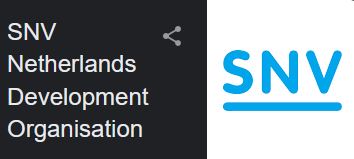

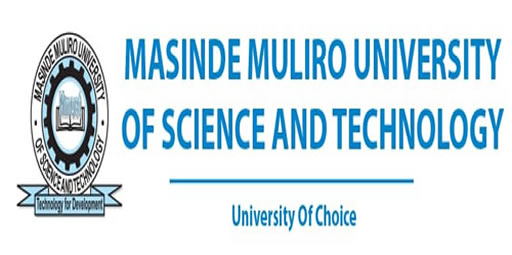
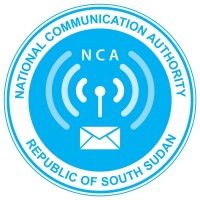
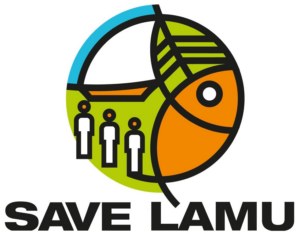


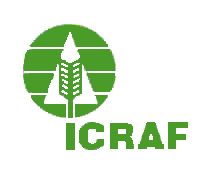
We support the development of a skilled and confident workforce to meet the changing demands of growing sectors by offering the best possible training to enable them to fulfil learning goals.
Make a Mark in You Day to Day work